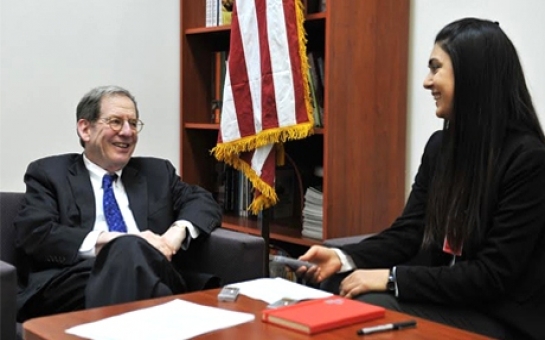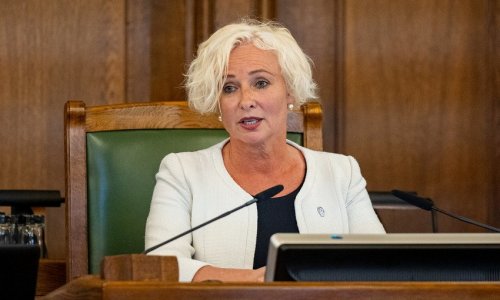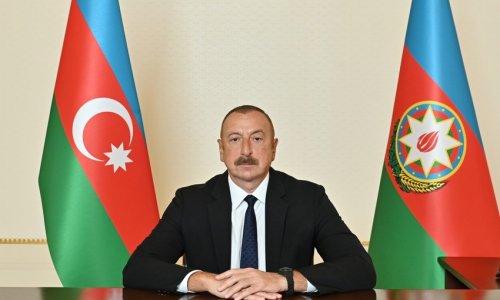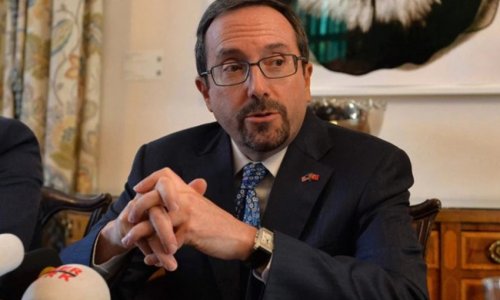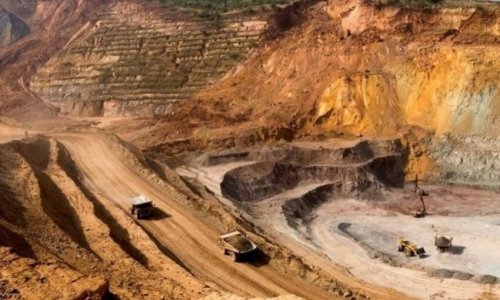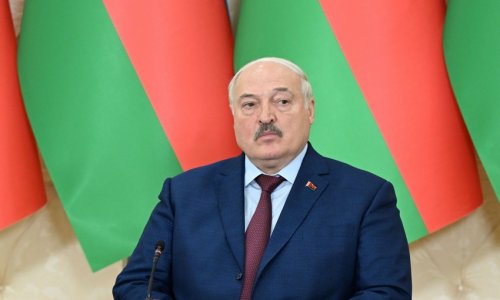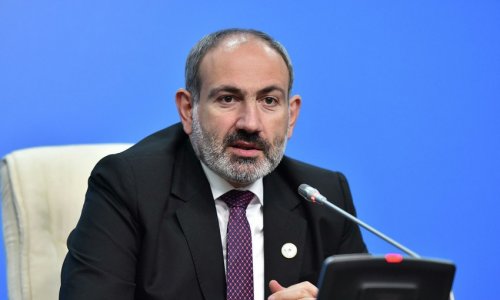Interview with the U.S. ambassador to Azerbaijan, Mr. Richard Morningstar:
Q: Three soldiers - one Armenian and two Azeri - have been killed in armed clashes in the past week or so. How serious is the risk of these clashes escalating into something bigger?
A: First of all, we regret any loss of life along the line of contact. We have made clear to both Armenia and Azerbaijan that increased tension along the line of contact is not helpful to the peace process. The Minsk Group co-chairs expressed this to both sides when they met with the foreign ministers in Paris last week. Obviously, no party has an interest in a major resumption of hostilities. I would not expect that to happen. However, one has to be careful. Because when events take place as happened along the line of contact, there can be miscalculations and unintended consequences. So, although I do not expect a resumption of major hostilities, any loss of life is tragic and the parties have to be careful about miscalculation. At the same time, I think it is very important that both parties continue to engage and make efforts to resolve the conflict. The meeting between the two presidents in November was positive and hopefully there will be another meeting in the not distant future and the two presidents can work towards concrete steps that would ultimately result in a resolution of the conflict.Q: What can the mediators, including the US, do to stop the bloodshed along the Armenian-Azeri ceasefire line?The mediators, including the United States, can do what is being done to communicate in strong terms to both countries that any loss of life is tragic, that increased tensions make the peace process more difficult, and that it is in everybody’s interest to reduce the tension, and to encourage the two presidents to continue their communication and work towards a resolution.Q: Azeri government media recently published a secretly recorded telephone conversation between Mehman Aliyev, director of Turan news agency, and a Freedom House representative, who said the US was planning to fund some Azeri NGOs before the 2015 elections in Azerbaijan. Does the US seek a regime change in Azerbaijan?
A: I state categorically the United States does not seek regime change in Azerbaijan. Political change in Azerbaijan is solely up to the Azerbaijani people.Q: Why are US-government media, including Radio Free Europe, are so critical of the Azeri government?
A: First of all, let me explain that Radio Free Europe/Radio Liberty, and Voice of America are funded by the U.S. government, but, by our legislation, the U.S. government is not allowed to interfere in what and how they report. So, the government has no editorial control. Those organizations report on a lot of issues, on a broad spectrum of topics and when anybody believes that they are being overly critical, the issue should be taken up with them. Q: Will Azerbaijan’s importance to the US diminish after the planned pullout from Afghanistan in 2014? A: No, not at all. First of all, Afghanistan itself will continue to be very important, and Azerbaijan has pledged to help Afghanistan after the withdrawal of troops in 2014. And, I might add that Azerbaijan has been tremendously helpful with respect to the Afghanistan conflict. Even after the withdrawal of troops, the United States and Azerbaijan will continue to have shared interests in several other areas. We will continue to support the sovereignty and independence of Azerbaijan. We will continue to work on the Nagorno-Karabakh issue. We will continue to work on energy and non-energy related economic issues. Security in the country, and counterterrorism will also continue to be areas of cooperation, including protection of important infrastructure. So, I do not think the importance of the relationship will diminish at all after 2014. I think it will continue to become more important and—included in that— will be continued work on issues relating to democracy and democratic reform.
Q: Does the US support plans to build a trans-Caspian gas pipeline connecting Turkmenistan with Azerbaijan?
A: The US has always supported the development of a trans-Caspian gas pipeline. That will be very important to supplying additional gas along with Azerbaijani gas to Turkey and on to Europe. This is a matter that is being negotiated between Turkmenistan, Azerbaijan and the EU. And if they are able to come to an agreement, we would be fully supportive.
Q: What can you do to prevent Russian efforts to prevent construction of a Trans-Caspian pipeline?
A: Let me put it this way: We believe that, if an agreement can be reached between Turkmenistan, Azerbaijan and the EU with respect to a trans-Caspian pipeline—and Turkey, Georgia will also have an interest in it—we believe it should be built. If there are real issues with respect to the environment, for example, those issues should be addressed. But nobody should oppose a trans-Caspian pipeline for geopolitical reasons. I want to emphasize that the United States does not feel that it is in a great game with Russia with respect to the region. We only care about the independence and sovereignty of the countries in the region and that these countries be able to make their own decisions without pressure. Q: Do you agree with the latest Human Rights Watch report that the state of human rights and freedoms deteriorated in Azerbaijan in 2013? A: First of all, Human Rights Watch is an independent non-governmental organization. So, they make their own conclusions. Democracy and human rights is an issue that we need to continue to work on with Azerbaijan. As you know, we did have issues with Azerbaijan concerning the election. We have raised other questions with Azerbaijan in this area. But we look at it as an area that we need to continue to work on. No democracy is perfect. The US is almost 238-years old. And we are still working on our democracy because our democracy is not perfect either. So yes, there are issues, we have disagreements, but we want very much to continue to work with Azerbaijan to help it along its road to democracy. But at the same time, there are a number of other areas of common interest that we need continue to work on.Jamila IbrahimovaANN.Az

